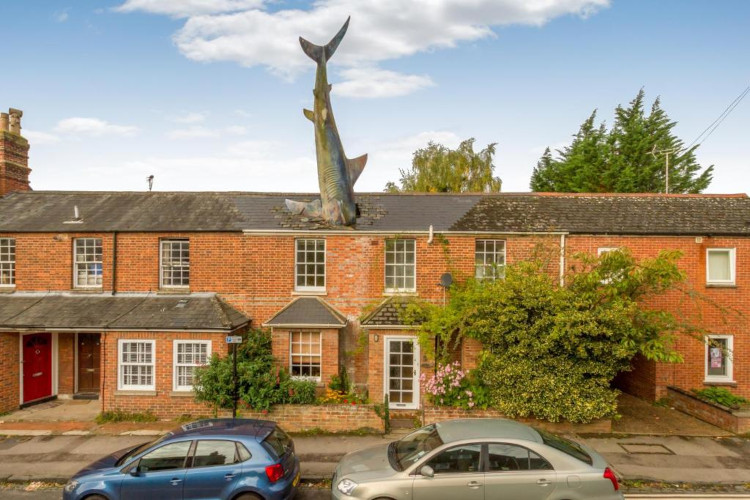Short-Term Lets: How to Maximise Your Property Income

Short-Term vs Long-Term Rentals: Which One Wins?
Thinking about property investment but torn between long-term and short-term rentals? You’re not alone. This choice can make a big difference to your income, your stress levels, and how hands-on you need to be.
The UK housing market has shifted in recent years. Platforms like Airbnb and Vrbo have made short-term lets more accessible than ever, while long-term rentals continue to offer reliable income. So, why might short-term lets be the smarter move?
Set Your Sights: What Do You Want from Your Investment?
If you’re chasing higher returns and don’t mind a bit of involvement, short-term rentals can be very appealing. And you don’t have to manage every detail yourself — letting agents can handle bookings, guest communications, and maintenance for a set fee.
Bigger Returns, Smarter Strategy
Short-term lets often generate more rental income than traditional long-term rentals, especially in high-demand areas. Seasonality can be managed if your agent has access to corporate clients or relocation bookings — keeping your properties full all year.
Riding the Market Waves
Short-term rentals are sensitive to tourism trends and economic changes, but compared to long-term lets, they usually face fewer legal and regulatory headaches. Keep an eye on licensing rules, though — government regulations could tighten in the future.
Hands-On Doesn’t Mean Hard Work
Managing a short-term rental means looking after cleaning, guest services, and upkeep. But professional management companies can handle multiple properties efficiently, so you can scale without taking on all the day-to-day work yourself.
Location Isn’t Everything
Holiday hotspots still perform well, but corporate stays, relocations, and contractor markets mean you can achieve strong returns even outside tourist-heavy areas. Flexibility is key.
Know the Rules
Short-term rentals have their own tax rules and licensing requirements. Right now, they’re generally easier to navigate than long-term rentals — but stay alert for changes.
Grow Fast, Manage Smart
Short-term lets allow for rapid portfolio growth, but more properties mean more management. The secret? A reliable letting agent or management company so you can expand without sacrificing profits.
Mortgages: What to Expect
Buy-to-let mortgage rates for long-term rentals start around 4.2% (up to 80% LTV), while short-term rental deals begin near 6.5% (up to 75% LTV). A slightly higher rate, but with potentially bigger returns, it’s an investment that can pay off.
Bottom Line: Short-Term Lets Are Changing the Game
Property investment has always been a route to passive income, but short-term rentals are shaking things up. Higher returns, flexibility, and access to diverse guest markets make them an attractive choice. With professional management in place, even distant or multiple-property investors can enjoy hands-off profits.
If you want to make your property work harder for you, short-term lets are worth a serious look.
